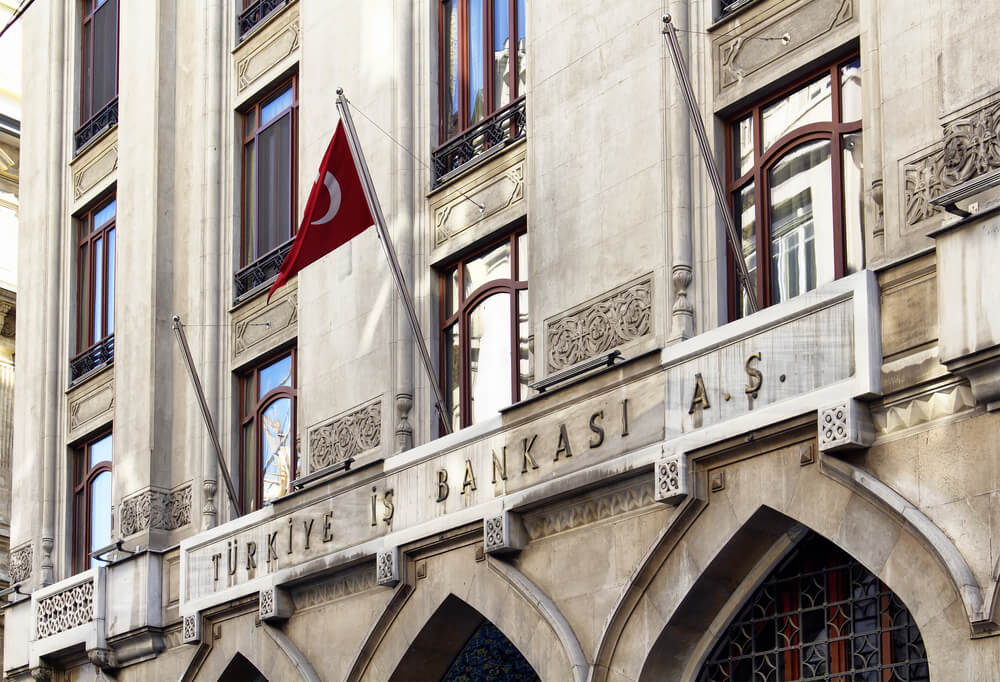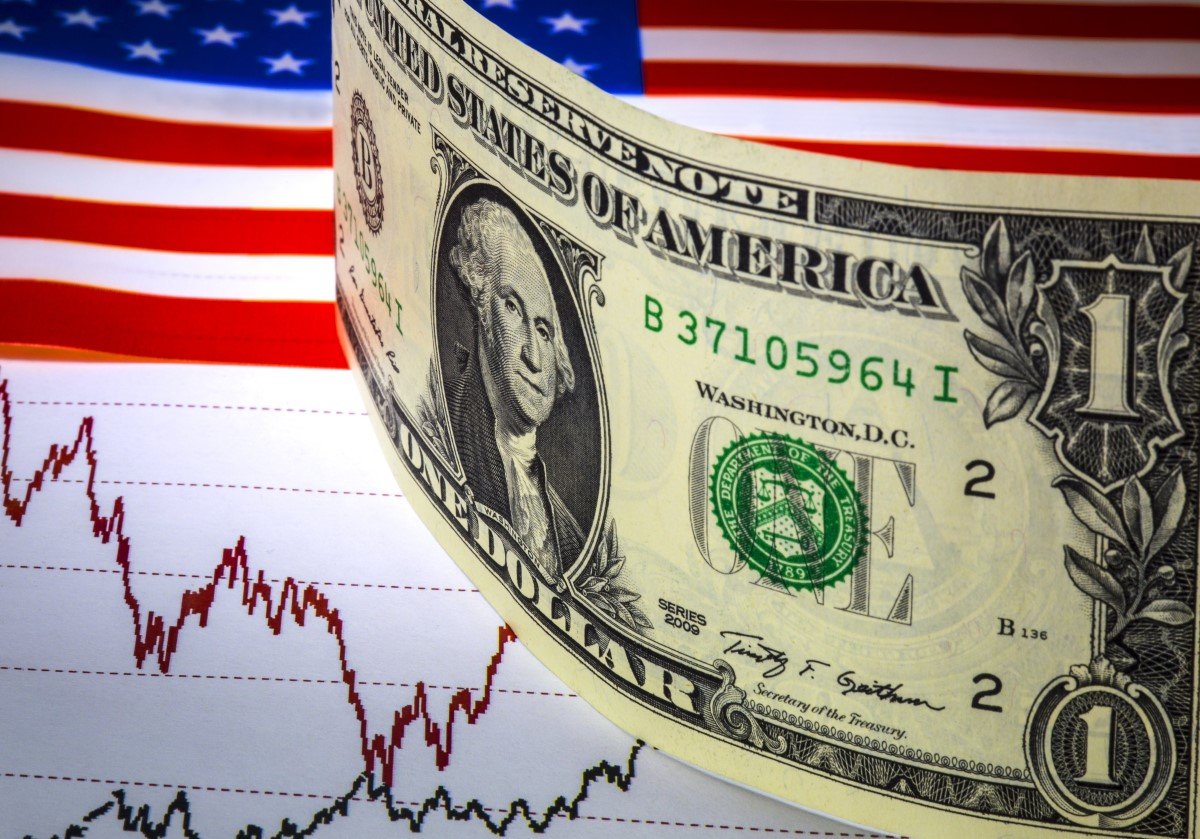Amid growing concerns about the economic consequences of COVID-19, Turkey bought around 148 tons of gold in the period between January and May 2020. The country surpassed Russia as the world’s leading gold buyer.
Over the past decade, the world’s central banks have been supplying gold at an unusual rate. In 2019 alone, they added 650 tons to their reserves. This has been the second-largest increase in fifty years, following the 656 tons added in 2018.
Russia often leads these purchases. It took the opportunity to reserve an alternative value to the debt issued by its most significant political antagonist, the US dollar.
According to the World Gold Council, as of today, it is the fifth largest country in terms of its gold reserves, maintaining almost 2,300 tons in its possession.
However, in 2020. Russia has preferred to sell gold than to buy it. The country’s gold export earnings exceeded its gas export earnings. This has not happened for twenty-six years.
Russia’s gold purchase decreased by 60% so far this year and dropped to around 28 tons.
At the end of March, the country’s Central Bank had already warned that it would decrease its domestic purchases of gold, without giving reasons for it. According to analysts, this may be linked to falling oil prices. If fossil fuel export earnings are reduced, the country has less money to buy gold.
Turkey managed to exceed Russia in the purchase of gold. The country positioned itself as the main gold buyer in the first half of 2020. Turkey purchased 148 tons, almost 3 times more than its annual purchase in 2019.
US sanctions are pressuring Turkey
However, the revenue outlook in Turkey has not been favorable this year either. The COVID-19 quarantine has hit its tourism earnings, one of its biggest sources of liquidity.
The Lira, Turkey’s national currency, has also depreciated relative to other currencies. Perhaps in search of support for its currency, it has turned to gold. Analysts think that it could have been easier to defend the Lira against devaluation by resorting to foreign currency reserves, such as the dollar. However, political tensions with the Trump administration appear to have deterred it from this course of action.
In 2018, the Trump administration imposed sanctions on Turkey. This followed the arrest of an American pastor, Andrew Brunson, by the Turkish authorities.
The Trump administration imposed sanctions on Turkey in 2018 for the arrest of an American pastor by the Turkish authorities. Turkey acquired a Russian surface-to-air missile system, putting other NATO members in an awkward position.
Erdogan’s government has demanded the deportation of Brunson since he was accused of participating in the 2016 coup d’état attempt against the Turkish President.
Turkish President Recep Tayyip Erdogan’s government has demanded the extradition of a US-based Muslim cleric accused of participating in the 2016 coup attempt against Erdogan. Washington has refused, which created another breaking point.
If the two countries’ relationship worsens further and the US tightens sanctions, Turkey risks being unable to obtain US dollars to settle payments.
Last week, Donald Trump signed a bill that prevents banks in China from obtaining dollars. This is in response to the national security law he imposed on Hong Kong. It is a warning sign that Turkey could share the same fate as China. In this scenario, gold appears to be one of the most attractive value reserves for the Turks.
















